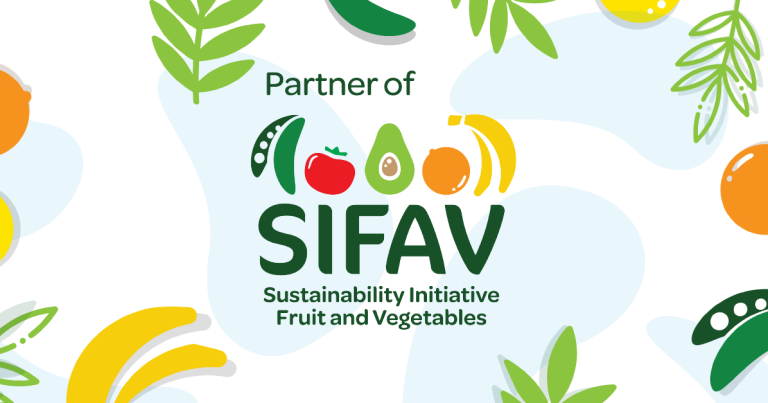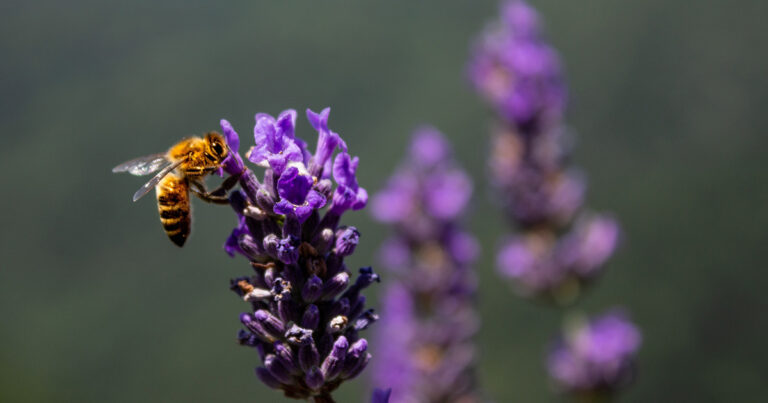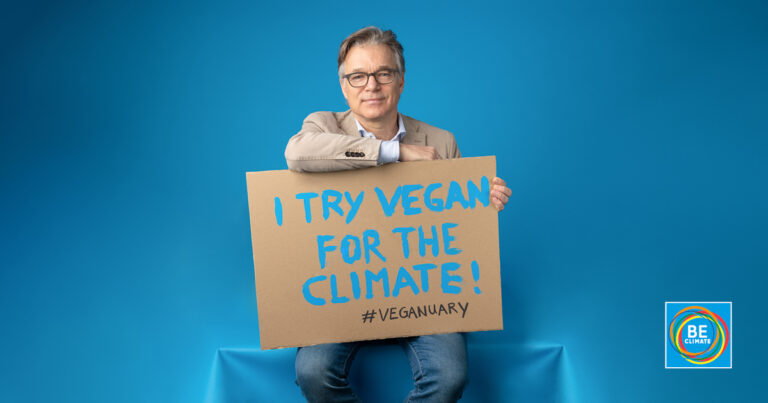What does the Fairtrade seal stand for?
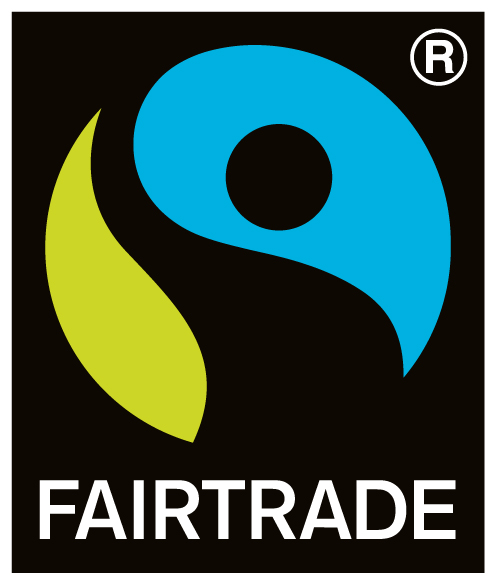
The Fairtrade seal identifies products that originate from fair trade and whose production complies with certain social, ecological and economic criteria. All farmers who export Fairtrade products are certified by Fairtrade, and regular audits ensure that the relevant Fairtrade standards are being met.
The seal gives consumers the assurance that producers and workers received a stable and fair price for their goods which covers the costs of sustainable production.
In addition, a Fairtrade premium is paid for all products. The farmers, who are members of cooperatives, decide for themselves how this premium is to be used, e.g. for the construction of drinking water wells, the construction or renovation of roads and schools, for medical care or for training.
By buying bananas with the Fairtrade label, consumers are making a contribution to improving the living and working conditions of small producers all over the world. As a pioneer in the fruit and vegetable sector, our company Port International imported the first Fairtrade bananas to Europe almost 25 years ago.
How the Fairtrade banana came to Europe
The ideals and standards of the Fairtrade system fit well with the mindset of our family-run group regarding the long-term and partnership-based relationships with our suppliers. Therefore, Mike Port soon decided that transport alone was not enough. “If you are going to do it, do it right,” he thought and decided to sell Fairtrade bananas himself.
So, without further ado, we created the brand “Fairnando” and in 1997 became one of the pioneers to import bananas with the Fairtrade label to Europe. As Fairtrade coffee, tea and chocolate had only been present on German supermarket shelves for a few years, consumer interest was still relatively low – as was the number of sales outlets willing to include Fairtrade-certified products in their range. The label was too unknown at that time. In addition, certain quality problems caused a rocky start of the project. At the end of 1997, the weather phenomenon “El Niño” occurred in South America and caused heavy rainfall and flooding in the growing areas. All bananas in the region were affected. For a large German retailer, who after a lot persuasion had just got on board as one of the first nationwide buyers of Fairtrade bananas, this development put a quick end to the experiment.
But it was not only the German market where fair bananas had a difficult start. There was also a lot of groundwork to be done in the producing countries. Fair trade aims to give small farmers and producer cooperatives access to the world market. Many producers of Fairtrade bananas had no experience in exporting fresh fruit at that time, they only produced the bananas for their own consumption or sold them at local markets. The qualities of the first deliveries differed considerably, and it took some time to bring all producers to a uniform quality level. Mike Port supported the producers intensively with his knowledge of banana production and export during this start-up phase and still does so today with the support of the Group’s local quality experts.
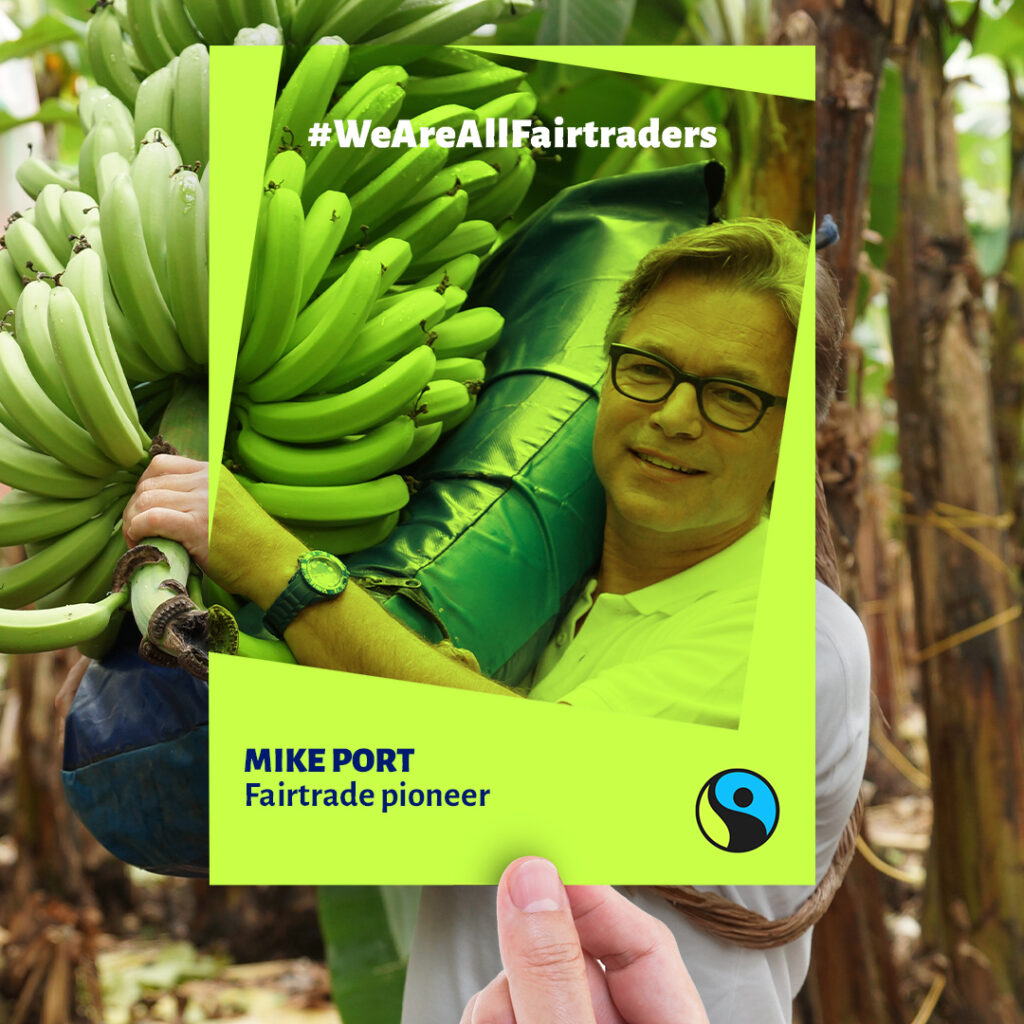
Impressed by Mike Port’s consistency, sustainability and perseverance, the German Fairtrade organisation Transfair e.V. presented Port International with the Fairtrade Award in 2012.
Import of Fairtrade bananas today
The endurance was finally rewarded. The network of producers sending their fair trade bananas to Europe grew steadily. Today, more than 3,000 farmers are Fairtrade certified and benefit from the stable annual banana prices and the additional Fairtrade premium.
In terms of quality, Fairtrade bananas now play in the top league, and over 90 percent of them also have the organic certification. This means that no chemical pesticides or environmentally harmful fertilisers are used for their production. This is a success of fair trade because the stable Fairtrade prices and above all the additional Fairtrade premium allow the farmers to get certified according to the standard of the EU Organic Regulation and the additional requirements of the business.
In the meantime, our organic Fairtrade bananas are also available as climate-neutral. For this purpose, we calculate the carbon footprint of our bananas along the entire supply chain, implement concrete reduction projects to avoid CO2 emissions, and offset unavoidable emissions through internationally recognised climate protection projects – always with the goal in mind to do our best to combat climate change and ensure a future for the generations to come, especially in the severely affected countries of origin.
